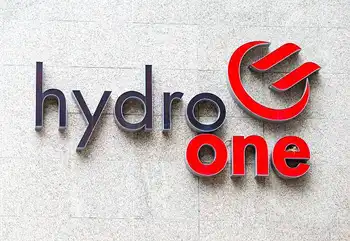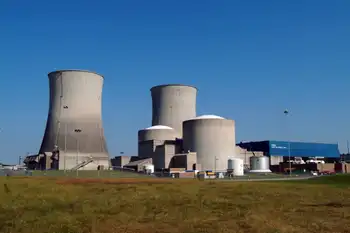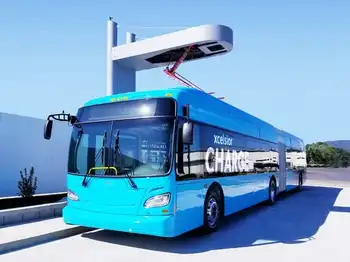North Carolina, Duke Energy ask court to let EPA revise air rules
WASHINGTON, D.C. - The North Carolina attorney general's office and Duke Energy Corp. said a federal appeals court shouldn't throw out a Bush administration initiative to cut power-plant pollution, but instead should allow the Environmental Protection Agency to revise the rules.
The U.S. Court of Appeals for the District of Columbia Circuit struck down the EPA emission regulations in July, siding with North Carolina, Duke and other utility companies. Duke expects others will join the company in its request.
The appellate court decision threw into disarray emission-allowance markets and the environmental plans of many utilities.
It remains unclear whether companies will have to comply with the regulations, known as the Clean Air Interstate Rule, starting next year. The regulations are aimed at cutting emissions of unhealthy pollutants and particulate matter in 28 states by tightening the cap on sulfur-dioxide emissions and establishing a new cap on emissions of nitrogen oxides.
Although the court ruled against the EPA regulations in July, it hasn't issued a mandate yet to invalidate them. The EPA appealed the decision, and the court is seeking opinions from North Carolina, Duke and others by Wednesday on whether it should vacate the rule as planned, or delay the mandate while the EPA makes revisions.
Duke executives said in a conference call with analysts that the company doesn't believe it's appropriate to eliminate the entire rule to fix it, referring to that approach as "throwing out the entire baby with the bath water."
The legal battle over the rules is creating considerable uncertainty. At issue is whether the rules would remain in effect while EPA makes revisions, and if so, how long that process would take, said Peter Zaborowsky, a managing director for environmental brokerage Evolution Markets.
The new regulations in 2009 require additional allowances for the emission of nitrogen oxide. Although power producers don't need these credits right away, he said, they'll want to start factoring them in to the cost as they make pricing decisions for plants. At the same time, the market for allowances has come to a halt because of the lack of clarity, Zaborowsky said.
Related News

New Program Set to Fight for 'Electricity Future That Works for People and the Planet'
LONDON - The Center for Biological Diversity on Monday rolled out a new program to push back against the nation's community- and wildlife-harming energy system that the climate advocacy group says is based on fossil fuels and a "centralized monopoly on power."
The goal of the new effort, the Energy Justice Program, is to help forge a path towards a just and renewables-based energy future.
"Our broken energy system threatens our climate and our future," said Jean Su, the Energy Justice Program's new director, in a statement. "Utilities were given monopolies to ensure public access to electricity, but these dinosaur corporations are…




